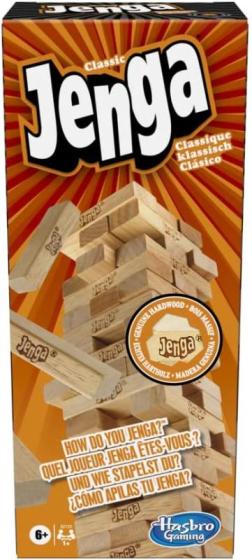

The moment you start making your own choices or better ‘decisions’ in life, you start removing blocks from the stack and start building further onto them. And promise me not to forget: ‘During that time, you had your solid base! …’. But whatever might have happened in the past, it still made you the person you are today. Maybe moving to another place has made a huge impact on you. Maybe you were the one they laughed at at school. Maybe your parents’ divorce, or losing people close to you, like your grandparents or best friends. You analysed everything, didn’t you? You little rascal! Things you experienced while being young, had a big impact on your personality today. You’ve learned from everything you saw, heard and ‘lived’ at that time. The sports or hobbies your parents picked out for you. When you had to be home from a night out with friends. Decisions are made for you anyway! How angry you may be now or were back then, decisions were ‘simply’ made for you. Imagine, that tower represents your birth and your childhood. Did you ever play the game? If not … Please do, as soon as possible and just think about your life while playing it! You know the game? That pile of small little wooden blocks? You need each turn remove a block and put it on top of the tower and make sure it doesn’t collapse. My vision that “Life is like a game of Jenga”. Meanwhile I would like to share a vision. Students can change to a different game as and when they finish.All five areas of life can be in harmony and fully up to your expectations, as long as you live consciously and don’t listen to that voice inside your head, convincing you not to act upon events. If you have a large class and only one Jenga set, try setting up other similar games at the same time (e.g.
#Game jenga generator#
Take a look at our Challenge Generator for ideas. Try word definitions, personal preferences/plans, have you ever/what would you do questions etc.

You can use it with any level and to review any type of grammar or vocabulary, simply vary the challenges as appropriate. The Jenga ESL game is a fun activity for a warmer or more relaxed class, on the last day of school or around the holidays for example.

They then have to do the challenge or answer the question assigned to that number. However, each time a block is removed, the student must say the number written on that block.The students take turns removing blocks and placing them on top of the tower.As in a normal game of Jenga, the blocks are arranged in a tower.On the board, write/project a list of challenges or questions assigned to each number. Write the numbers on a long side so they can’t be seen when stacked. You could write these on the blocks themselves, but a good way to make sure you can adjust the game in future (and not ruin your Jenga set too much!), is to just write a different number on each block. You will also need some challenges/questions. If you have a large class, try playing some other similar games at the same time. You will need a set of Jenga blocks for every two to six students playing.


 0 kommentar(er)
0 kommentar(er)
